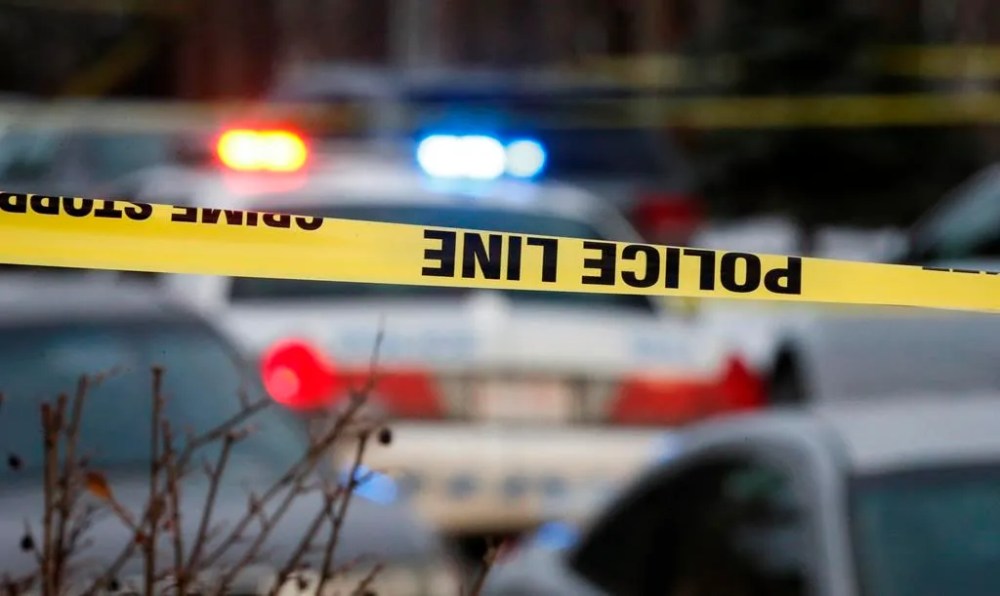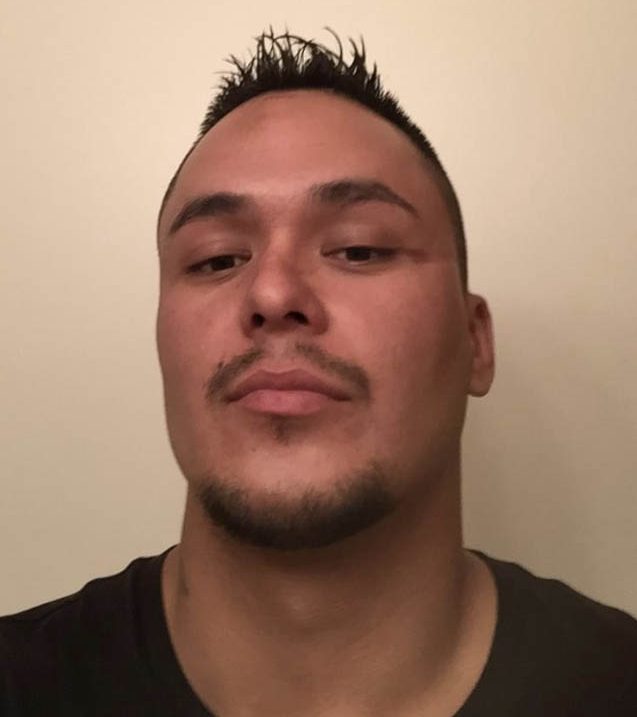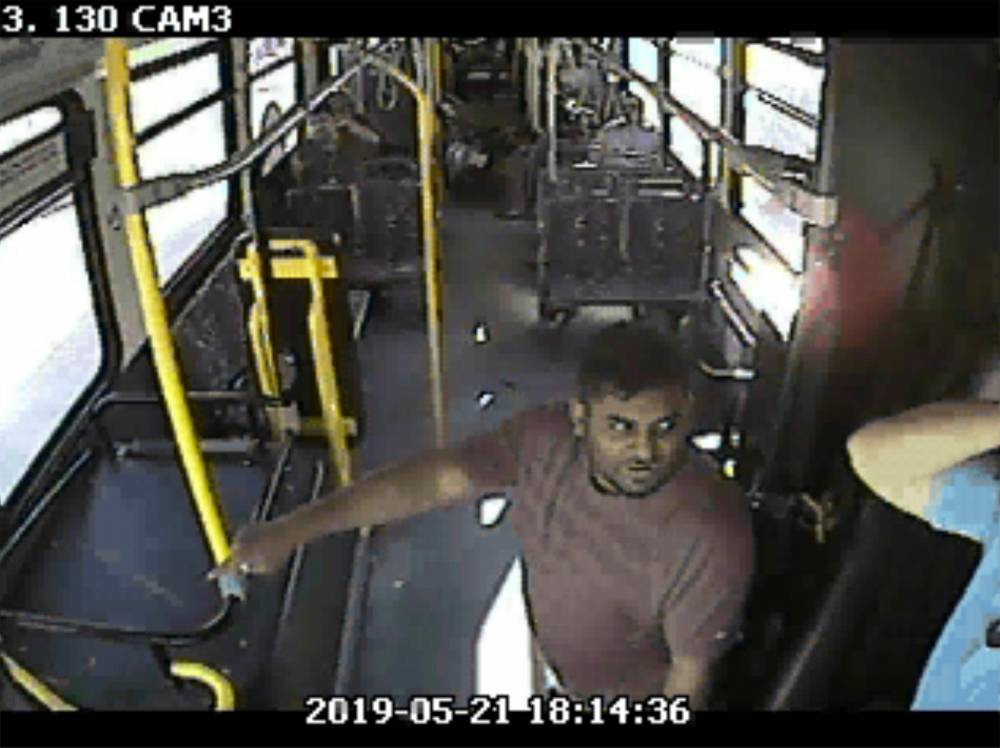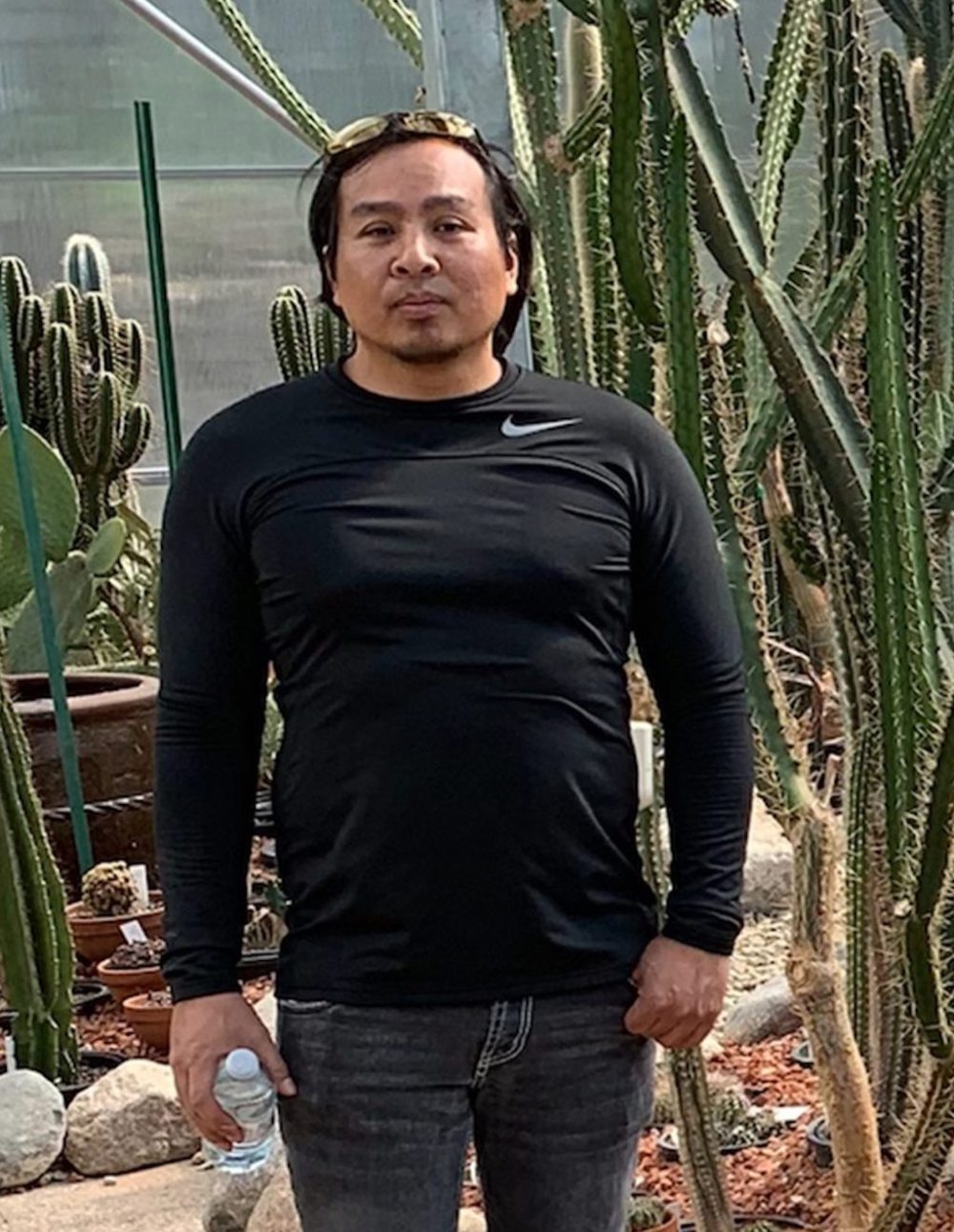Inquest judge recommends creation of specialized police-paramedic unit response in mental-health, addictions crises
64-page report contains seven recommendations
Advertisement
Read this article for free:
or
Already have an account? Log in here »
To continue reading, please subscribe:
Monthly Digital Subscription
$0 for the first 4 weeks*
- Enjoy unlimited reading on winnipegfreepress.com
- Read the E-Edition, our digital replica newspaper
- Access News Break, our award-winning app
- Play interactive puzzles
*No charge for 4 weeks then price increases to the regular rate of $19.00 plus GST every four weeks. Offer available to new and qualified returning subscribers only. Cancel any time.
Monthly Digital Subscription
$4.75/week*
- Enjoy unlimited reading on winnipegfreepress.com
- Read the E-Edition, our digital replica newspaper
- Access News Break, our award-winning app
- Play interactive puzzles
*Billed as $19 plus GST every four weeks. Cancel any time.
To continue reading, please subscribe:
Add Free Press access to your Brandon Sun subscription for only an additional
$1 for the first 4 weeks*
*Your next subscription payment will increase by $1.00 and you will be charged $16.99 plus GST for four weeks. After four weeks, your payment will increase to $23.99 plus GST every four weeks.
Read unlimited articles for free today:
or
Already have an account? Log in here »
Hey there, time traveller!
This article was published 25/10/2024 (419 days ago), so information in it may no longer be current.
A judge who examined the cases of six men who died while they were being restrained by police is calling for a specialized unit of officers and paramedics to help people in drug or mental health crises.
Provincial court Judge Lindy Choy, who released two inquest reports Friday on the six deaths that occurred in Winnipeg Police Service detention over a 12-month period in 2018 and 2019, said the unit could save lives.
“I fully support this initiative as being one which could prevent deaths in the future,” Choy said in one of her seven recommendations in her 64-page report on the deaths of Randy Cochrane, Matthew Fosseneuve, Patrick Gagnon, Michael Bagot and Sean Thompson. All five men had taken drugs before being restrained by officers.

“Dispatching both a WPS officer and a medically trained individual with the ability to administer chemical restraint if required would greatly reduce the gap time and transition hyperactive agitated individuals into care sooner,” she wrote.
The same recommendation by the judge is one of five recommendations in a separate 40-page inquest report that looked into the death of 42-year-old Viengxay Chommany on Aug. 4, 2019.
“If they make changes, I think it will be good. I guess, if they don’t, it will probably keep occurring.”–Margie Cochrane
Chommany’s death was going to be explored at the same inquest with the other five, but because he had not ingested drugs and was having a mental-health crisis when police restrained him, the judge decided to hold his inquest separately.
Choy’s recommendation is similar, in some respects, to an idea advanced last week by Mayor Scott Gillingham, who wants the province to fund a fourth city emergency service dedicated to mental-health and addiction calls.
But while Choy’s recommendation would see officers and paramedics respond, Gillingham would like two-person teams made up of mental-health professionals and peer counsellors with lived experience to deal with non-violent situations.
Gillingham said the service is needed because of the huge burden mental-health and addictions challenges have put on the existing police, fire and paramedic services.
Lawyer Melissa Serbin, who represented Cochrane’s family at the inquest, said she isn’t convinced a police-paramedic response is the right one.
FACEBOOK Randy Cochrane died in police custody July 14, 2019.
“When paramedics join with police, police will still be there and they will still be restraining,” said Serbin.
Cochrane’s mother Margie said she is still hopeful the judge’s recommendations will lead to change to prevent future deaths in similar circumstances.
“If they make changes, I think it will be good,” she said. “I guess, if they don’t, it will probably keep occurring.”
She said her son left three daughters behind, now 19, 17 and 16.
“They took it really hard,” she said. “They started missing school and then they started having anxiety attacks… they really miss their dad.”
The inquest was told Fosseneuve, 34, died on July 28, 2018, after calling 911 for help in getting to detox. When he became aggressive with paramedics, police officers were called and used a stun gun, after which he suffered a cardiac arrest and died.
As well, the inquest heard:
Patrick Gagnon• Gagnon, 41, was at home and had taken unidentified substances on Oct. 25, 2018. He became agitated, left the home and was found by police walking on railway tracks and attempting to climb onto a train. Shortly after officers pulled him to the ground to cuff him, he went limp and had no pulse.
• Thompson, 30, was alleged to have broken into nearby homes when police found him sitting on the front steps of a residence on June 26, 2019. When officers pulled him from the steps to pin him on the ground to put handcuffs on him, he stopped breathing.
• Cochrane, 30, was chased by police after he ran into their cruiser on July 14, 2019. When police caught and handcuffed him on the ground, he was agitated and acting erratically before he stopped breathing.
Michael Bagot, 40, died on May 21, 2019, shortly after running through traffic, jumping on a Winnipeg Transit bus and yelling at the driver to lock the door because he believed a cellphone held by a pedestrian outside was a gun.

• Bagot, 40, died on May 21, 2019, shortly after running through traffic, jumping on a Winnipeg Transit bus and yelling at the driver to lock the door because he believed a cellphone held by a pedestrian outside was a gun. Police arrived and he stopped breathing while they were making the arrest.
The other inquest was told Chommany, who had lived with mental illness for more than 20 years and was able to live at home and maintain a job with medication and family support, was “having a bad night” on Aug. 2, 2019.
Police were called when he became hyperactive and agitated. The incident escalated. He fled and was caught after an officer used a stun gun. He stopped breathing and was rushed to hospital, where he died two days later.
Chommany’s family has since launched a lawsuit, but it is still before the court.
Other recommendations made by Choy include: having police review policies and training for their response to “agitated chaotic events”; the city should continue funding its Community Safety Team; Winnipeg Transit drivers should have direct contact with 911 instead of going through transit communications; additional training for police, firefighters, paramedics and 911 personnel.
As well, the judge recommended the province allow families of the deceased at inquests to access victim services.
“I heard from the families of the deceased men, and it is clear that many are left struggling to make sense of what has happened to them and their loved one,” said Choy. “It is especially hard on the children who have lost a parent.”
In a statement, Justice Minister Matt Wiebe said he is reviewing the judge’s recommendation.
“It is especially hard on the children who have lost a parent.”–Provincial court Judge Lindy Choy
A spokeswoman for Winnipeg Transit said a direct link between drivers and 911 is under consideration.
Choy said all the men “tragically died sooner than they should have.
“I hope that through the process of this inquest, their loved ones have gained some insight into what happened and that my recommendations will someday assist in preventing another untimely death,” she wrote.
kevin.rollason@freepress.mb.ca

Kevin Rollason is a general assignment reporter at the Free Press. He graduated from Western University with a Masters of Journalism in 1985 and worked at the Winnipeg Sun until 1988, when he joined the Free Press. He has served as the Free Press’s city hall and law courts reporter and has won several awards, including a National Newspaper Award. Read more about Kevin.
Every piece of reporting Kevin produces is reviewed by an editing team before it is posted online or published in print — part of the Free Press‘s tradition, since 1872, of producing reliable independent journalism. Read more about Free Press’s history and mandate, and learn how our newsroom operates.
Our newsroom depends on a growing audience of readers to power our journalism. If you are not a paid reader, please consider becoming a subscriber.
Our newsroom depends on its audience of readers to power our journalism. Thank you for your support.
History
Updated on Friday, October 25, 2024 8:18 PM CDT: Adds photo
Updated on Friday, October 25, 2024 9:22 PM CDT: Adds photos




